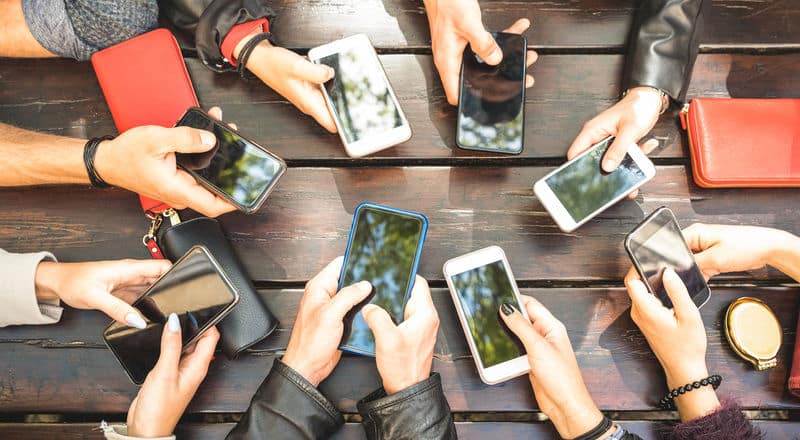Should media literacy be taught in schools?
Brian talks about why it’s so important to think critically about the information you see online

The shift to digital media and online news happened quicker than most people could have predicted.
The availability of just about anything you could want to know about provides us with a great opportunity to learn about the world we live in and what’s going on at any given time. But, now more than ever, it is important to be critical of every single bit of information available on the internet and online news sites.
Fake news and biased news reports are extremely difficult to police. The internet is a huge democratised platform and anyone with access to it has the potential to spread something far and wide. While regulations attempt to catch up with the sudden explosion of the online sphere, perhaps we should be taking steps towards shielding ourselves from manipulation and fake and/or biased news.
Although it’s a complex and rather new concern, the term ‘media literacy’ might help us understand how to protect ourselves from being easily influenced by what we are exposed to online. A quick Google search will define ‘media literacy’ as “the practices that allow people to access, critically evaluate, and create media.” That term seems to cover a lot, but with today’s hugely influential and collaborative nature of media, it may well be the umbrella term for a number of practices we can adopt to protect ourselves from the potential dangers that come with online information so we can use it responsibly and enjoy its benefits.
In 2016, the Broadcast Authority of Ireland (BAI) launched its Media Literacy Policy, which aims to promote media literacy in Ireland by helping people understand the media they consume.
Speaking at the launch, Chief Executive of the BAI, Michael O’Keeffe said: “Technology is rapidly changing how we consume media. The BAI’s Media Literacy Policy aims to give users the skills to understand how media works in this evolving environment, to enable them to determine the accuracy of the information they are viewing, to be able to identify what may be unfair and inaccurate representation, to challenge extremist views and, ultimately, to make better informed media choices.”
The policy sets out tips on how to become more critical of the modern media we consume. Perhaps such guidelines should be taught to us in school. People are engaging with online media at a younger age and new forms of media are emerging and growing before we are able to understand them and their potential implications. It would be a responsible step to teach these critical ‘media literacy’ skills to people before they begin to consume online news content, or at least at very early stages of consumption.
Secondary school History students learn about historical examples of propaganda and how leaders have used populist ideologies along with the media to vilify minority groups. Hitler and the Jews is probably the main example that comes to everyone’s minds. But maybe this is an opportunity to teach students about more modern and sophisticated examples of how media consumers are lead to believe certain minority groups, such as the LGBT+ community, migrants or people of colour, are a danger to their way of life.
Unless you study media in further education, there is nobody teaching us how to be critical of every single piece of news we are presented with. It’s not only media students who engage in and consume media. Bar a small fraction of the population, we are all online every day, being presented with an overwhelming amount of news and information.
Now more than ever, it is important to promote media literacy skills and encourage people to consider aspects such as the news source, the journalist reporting the story, the process of news selection and any potential biases that might be present in any piece of media.
Most of us, especially millennials, get all of our news online. Online news sites rely on traffic and social media engagement. That itself is a reason to be critical of every piece of online news.
We, as a society, need to ensure we have a healthy relationship with the media. With knowledge comes power. If we are all taught how online media works and the reasons why things are reported on, we are less likely to be persuaded and misled by biased or fake news.
This article was written by a SpunOut.ie volunteer. Check out our volunteering opportunities here and get in touch if you’re interested in getting involved.






